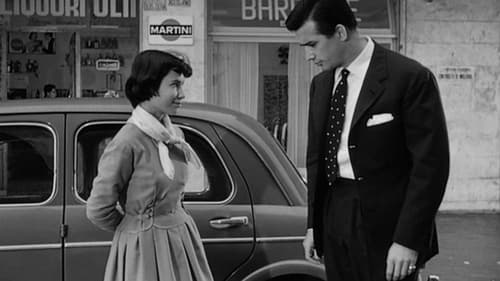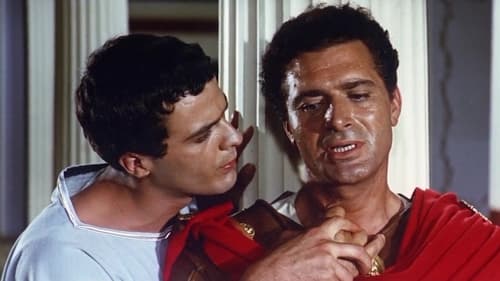
Corifea
In 1967 the director Vittorio Cottafavi produces the TV movie Le Troiane from Euripides. He uses the classical Italian translation by Enzio Cetrangolo, but creates an original way of film adaptation, inspired by the Brechtian conception of staging the ancient theater. He does not use costume or set design, but is based only on the simple performance of the actors, highlighted by the shooting technique. The absolute sense of tragedy is perceived by the public through emotional engagement and imagination. So, the Trojan war is all the wars and the pain of the Trojan women is the pain of all the victims of any war.

Salvatori pays a visit to his old ma who is bedridden in a gloomy old people’s home. He promises her that pretty soon he’ll be rich and they’ll live together in their house. The young man is hired as a catering assistant in a desirable mansion, but the owner of the place is dying. The wife and the daughter are trying to regain the old man’s love and affection while the son is busy gathering his friends for a feast.

A prostitute is robbed and murdered. A fourteen-year-old girl (Laura Vivaldi) sees a suave gigolo come out of the hotel where the murder occurred. She has a schoolgirl crush on the handsome man though, so instead of reporting the crime she befriends him.

Vipidia
Messalina was the Roman noblewoman who inveigled ageing emperor Claudio into marriage. Once ensconced on the throne, Messalina launched a reign of terror that shook the empire to its very foundations. The subject of countless film treatments, Rome's most villified empress is herein played by British actress Belinda Lee.

An Italian drama directed by Leopoldo Savona.



